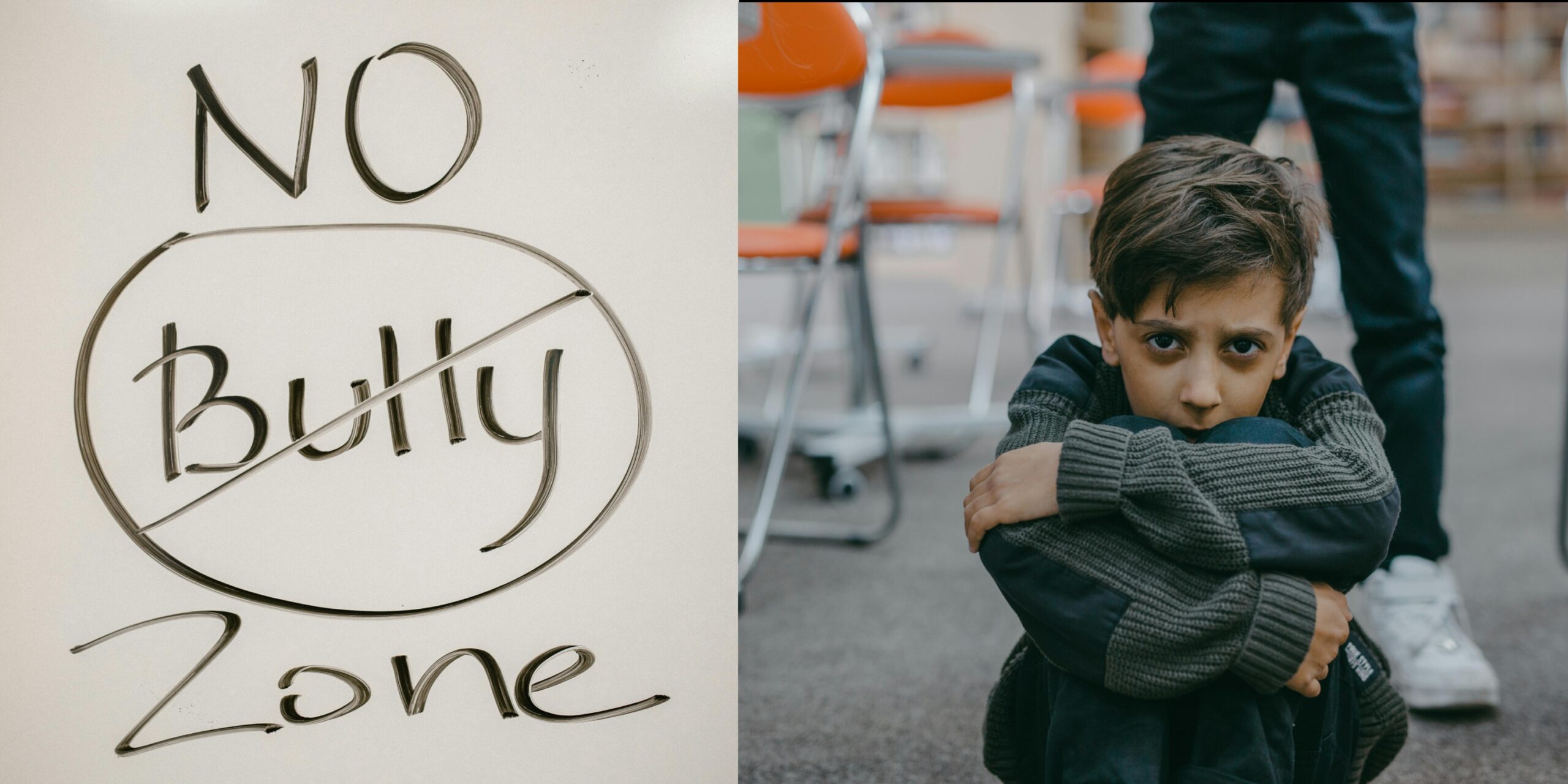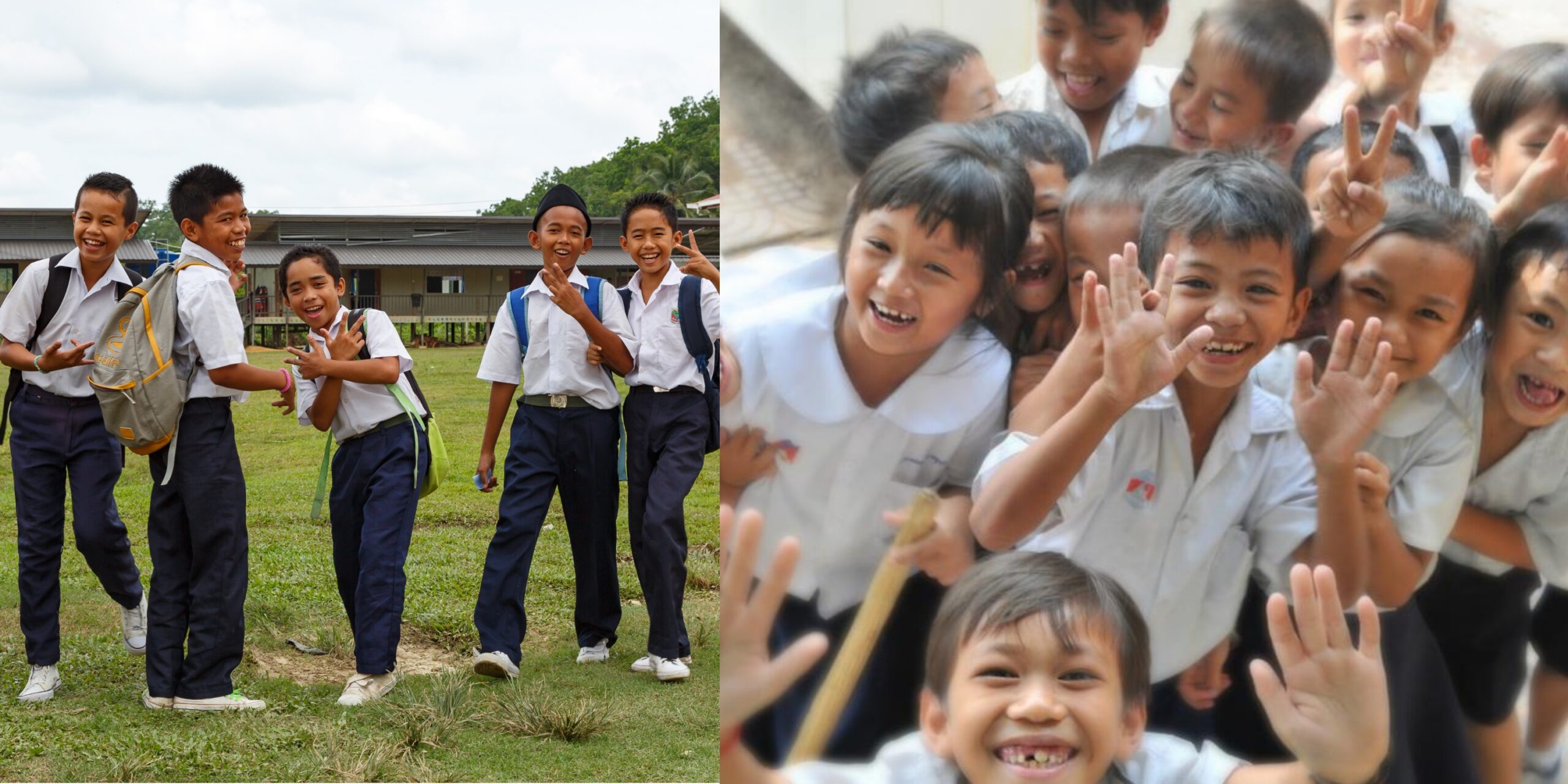As we celebrate Children’s Day, it’s easy to get caught up in performances, gifts, and cheerful wishes. However, beneath the surface of these celebrations lies a reality we can no longer ignore. Today’s children are growing up in a world that poses significant challenges, particularly concerning bullying, cyberbullying, and emotional pressure.
The greatest gift we can give our children is protection—not just in the physical world, but also in the digital realm.
Rising Cyberbullying: The Silent Threat
Children today enter the online world much earlier than they fully understand its dangers. Social media, online games, and messaging platforms expose them to comments and interactions that can be harmful.
As parents and guardians, it is crucial to teach children about privacy and confidentiality, emphasizing that they should never share personal details with strangers. They must also learn about online boundaries and understand that they should be cautious about believing everything they encounter on social media platforms. It is advisable to establish screen time rules based on their age and maturity level.
Bullying in Schools: Recognising the Signs
It is undeniable that many children endure the pain of bullying in silence, often due to their fear of being blamed or not being taken seriously by adults. Bullying rarely manifests as overt aggression; instead, it often begins with more insidious behaviors such as social exclusion, spreading harmful rumors, or using subtle insults that can be easily overlooked.
Parents and guardians must be vigilant and attentive to the signs that their children may be struggling. Symptoms such as frequent mood swings, a noticeable increase in withdrawal from social interactions, or a sudden disinterest in activities they once loved can indicate that a child is experiencing emotional trauma. Open and honest communication can foster a safe environment for children and encourage them to share their feelings and experiences with their parents or guardians. By recognizing and addressing these signs early on, adults can provide the support and intervention necessary to help children navigate the challenges of bullying.
Home Is Their Safe Space
Parents and guardians play an essential role in providing a safe and nurturing environment for their children. It is crucial to establish a home where children feel empowered to express their thoughts and emotions openly, whether they are experiencing joy, sadness, confusion, or fear. They should never feel pressured to conceal their feelings or struggles, as this can lead to increased anxiety and emotional distress.
Active listening without judgment is one of the most effective forms of support we can offer. This requires not only hearing what children say but also validating their emotions and experiences, creating a sense of trust and understanding. By fostering open communication, parents can help children navigate their challenges, build resilience, and develop a strong emotional foundation. A home that prioritizes emotional safety encourages children to seek guidance and support when they need it most, ultimately strengthening their overall well-being and confidence.
Teaching Kindness and Courage
While academic excellence is undeniably important, emotional education holds equal significance in shaping well-rounded individuals. Skills such as empathy, respect, and kindness are vital in creating a supportive environment that can prevent bullying from occurring in the first place. Children who develop a deep understanding of their own emotions, as well as those of their peers, are more inclined to advocate for others who may be experiencing distress or bullying.
Furthermore, these emotionally aware children are less likely to engage in bullying behavior themselves, as they undertand the impact their actions can have on others. By fostering emotional intelligence alongside academic goals, we can nurture a generation that values compassion and inclusivity, ultimately leading to safer and more harmonious school environments.
Children’s Day is not merely a moment of celebration; it serves as a important reminder of our responsibility to safeguard the well-being of our younger generation. These children are not just the leaders of tomorrow; they are individuals with their own rights, dreams, and needs who deserve to feel safe in their environments, respected in their voices, and emotionally secure in their relationships.
Follow us on Instagram, Facebook or Telegram for more updates and breaking news.












